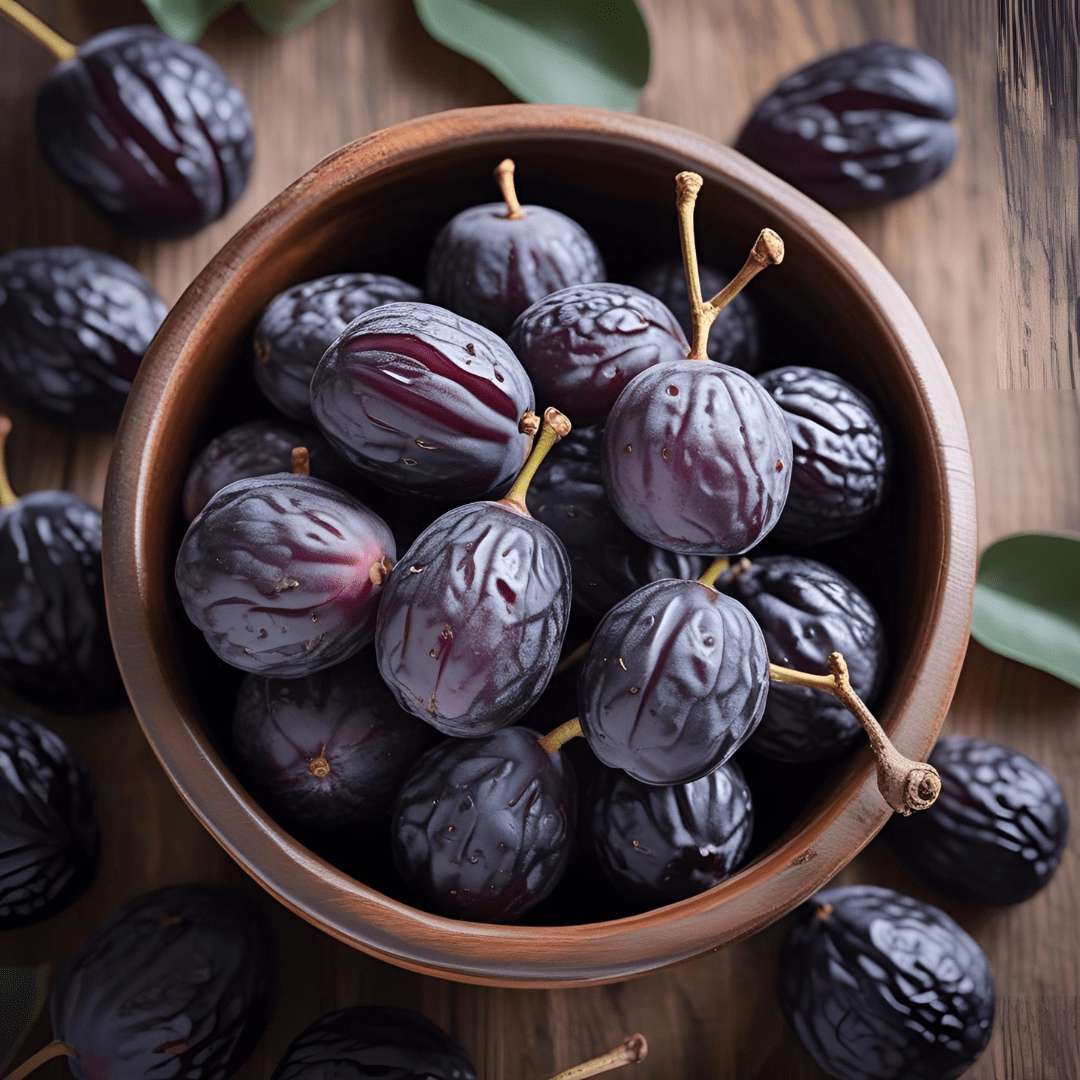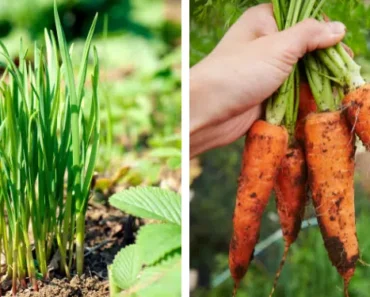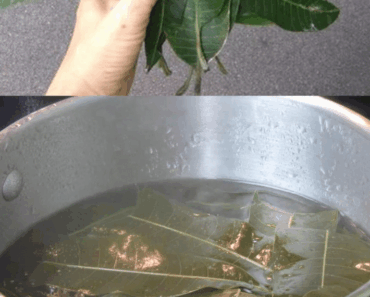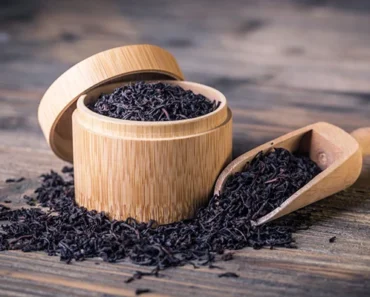Prunes—dried plums—are often celebrated for their role in maintaining regular bowel movements. However, the benefits of eating prunes extend far beyond digestive relief. Packed with essential nutrients, antioxidants, and bioactive compounds, these chewy, sweet fruits are a true “functional food.” Here’s an in-depth look at the science-backed health benefits of prunes, exploring why they deserve a regular spot in your diet—regardless of your bowel habits.
1. Nutritional Powerhouse
Prunes are dense in nutrients but relatively low in calories when eaten in moderation. A 100g serving (about 8–10 prunes) contains:
-
Calories: 2401
-
Protein: 2.2g1
-
Fat: 0.38g1
-
Carbohydrates: 64g (mostly natural sugars, low glycemic index)1
-
Fiber: 7.1g1 (about 28% of daily value)
-
Sugar: 38g1
-
Potassium: 732mg (22% DV)1
-
Vitamin K: 60µg (50% DV)1
-
Iron: 0.93mg (12% DV)1
-
Copper, Manganese, Magnesium, Phosphorus and other trace minerals.
They’re also a good source of vitamin B6, vitamin A, niacin, and boron—a trace mineral important for bone health123.
2. Potent Antioxidants: Cellular Defense
Prunes are loaded with antioxidants, particularly polyphenols such as neochlorogenic and chlorogenic acids, as well as anthocyanins and flavonoids. These compounds help neutralize free radicals in the body, which are unstable molecules that contribute to:
-
Cellular aging
-
Chronic inflammation
-
The development of chronic diseases, including cancer and atherosclerosis
The particular polyphenols in prunes are noted for their anti-inflammatory and anti-oxidative activity, which may contribute to the prevention of age-related diseases and the protection of cellular health4567.
3. Bone Health: Strength and Density
Emerging research demonstrates that prunes may be one of the best fruits for bone health, especially for aging populations and postmenopausal women, who are at greater risk of osteoporosis8921011. Prunes may help in important ways:
-
Preventing Bone Loss: Clinical studies show eating 50–100g of prunes daily helps preserve bone mineral density and strength, even among women at increased risk for osteoporosis810.
-
Bone-forming Nutrients: Prunes are rich in vitamin K, boron, potassium, and manganese, which all play a key role in building and maintaining strong bones3.
-
Anti-inflammatory Effects: The phenolic compounds in prunes may reduce inflammation in the body, further supporting bone health and potentially slowing bone loss associated with aging9.
4. Heart Health: Lower Cholesterol & Blood Pressure
Prunes have demonstrated cardioprotective effects in several studies:
-
Lowering Cholesterol: Eating prunes can reduce total and LDL (“bad”) cholesterol, which helps lower the risk for heart disease84.
-
Blood Pressure Control: Prunes are a good source of potassium and contain virtually no sodium, which together support healthy blood pressure regulation. Eating prunes daily has been linked to significant reductions in both systolic and diastolic blood pressure842.
-
Reducing Belly Fat: Recent trials have shown that prunes may help limit the accumulation of abdominal fat, a risk factor for cardiovascular disease—particularly in postmenopausal women8.
5. Gut Health Beyond Constipation
While prunes are famous for easing constipation due to their fiber, they confer additional gut health benefits:
-
Modulating the Microbiome: Prunes act as a prebiotic, encouraging the growth of beneficial gut bacteria (such as Bifidobacteria), which supports immune health, nutrient absorption, and overall gut function6.
-
Reducing Inflammation: Prune consumption can decrease levels of gut and systemic inflammation, partly due to their antioxidant properties9.
-
Protection Against Colorectal Cancer: Improved gut transit time and increased stool volume—both supported by prunes—may lower the risk of colorectal disorders6.
6. Supporting Healthy Blood Sugar
Despite their sweet flavor, prunes have a low glycemic index. This means they release sugar slowly into the bloodstream, minimizing blood sugar spikes and crashes:
-
Stable Energy: Prunes provide slow, sustained energy, making them a great snack for stable blood glucose12.
-
Insulin Sensitivity: Polyphenols and fiber in prunes may help improve insulin sensitivity, important for diabetes prevention and management12.
7. Improved Appetite and Satiety
The high fiber and modest protein content in prunes support feelings of fullness and satisfaction:
-
Weight Management: Regular consumption may help control appetite and reduce overall calorie intake—a tool for weight management13.
-
Healthy Cravings: Prunes’ natural sweetness makes them a nutritious alternative for satisfying sugar cravings.
8. Support for Men’s and Women’s Health
Both men and women can benefit from prunes, but certain nutrients are especially helpful for specific health needs:
-
Men’s Health: Prunes boast key nutrients—vitamins K and B6, manganese, and fiber—that support cardiovascular, gut, and bone health14.
-
Women’s Health: Studies highlight that postmenopausal women benefit substantially, with prunes helping to maintain bone mass and strength10.
9. Improved Heart Rhythm & Muscle Function
With 732mg potassium per 100g, prunes are a top-tier fruit for supporting:
-
Proper muscle contraction
-
Nerve transmission
-
A strong, regular heartbeat
Adequate potassium intake is linked with lower stroke risk and cardiovascular problems421.
10. Iron and Energy Boost
Prunes supply a modest but useful amount of iron (0.93mg per 100g), which is—alongside copper and vitamin C—vital for:
-
Optimal red blood cell production
-
Oxygen transport
-
Preventing iron-deficiency anemia (especially important for menstruating women or athletes)14.
11. Other Notable Health Advantages
-
Improved Diet Quality: Prune eaters consistently have higher intakes of nutrients associated with diet quality, such as fiber, potassium, vitamin K, and several minerals13.
-
Skin & Eye Health: Prunes’ vitamin A and the presence of other antioxidants may help protect vision and maintain healthy skin.
-
Blood Vessel Health: Certain prune polyphenols help relax blood vessels, improving blood flow.
12. Easy Ways to Incorporate Prunes into Your Diet
-
Enjoy prunes as a snack on their own.
-
Chop them into cereals, oatmeal, or yogurt.
-
Blend into smoothies for natural sweetness.
-
Use as a natural sweetener or “fat replacer” in baking (pureed prunes work well in cakes, muffins, and brownies).
-
Slice into salads for a sweet, chewy contrast.
-
Add to tagines, stews, or roasted meat dishes for a Mediterranean twist.
Important Considerations
-
Portion Control: While beneficial, prunes are calorie-dense, so moderate servings (4–8 daily) are ideal for most.
-
Natural Sugars: Though the sugar comes with fiber and nutrients, anyone needing to monitor carbohydrate intake—such as those with diabetes—should keep portions modest.
-
Potential for Gas/Bloating: Due to their fiber and sorbitol content, some people experience digestive discomfort with larger servings. Start with a small amount and increase as tolerated12.
-
Allergies: Rare, but possible.
Conclusion
Eating prunes regularly offers clear health benefits that go far beyond helping with constipation. They support stronger bones, a healthier heart, a balanced gut microbiome, better appetite regulation, and stable energy. Packed with antioxidants and essential minerals, prunes are a convenient, versatile food that can help strengthen many aspects of your health—including those you might not expect.
Whether you eat them whole, blended, or baked into your favorite dish, prunes are a proven superfruit for lifelong wellness4138169210314711.
- https://foodstruct.com/food/plums-driedprunes-uncooked
- https://californiaprunes.org/professionals/health-professionals/nutrition-health-benefits/
- https://pmc.ncbi.nlm.nih.gov/articles/PMC5409740/
- https://www.webmd.com/diet/prunes-health-benefits
- https://www.healthline.com/nutrition/benefits-of-plums-prunes
- https://inc.nutfruit.org/health-benefits-of-prunes/?members-area=1
- https://pubmed.ncbi.nlm.nih.gov/11401245/
- https://californiaprunes.org/press/two-new-research-studies-reinforce-prunes-role-in-optimal-health/
- https://pmc.ncbi.nlm.nih.gov/articles/PMC9526830/
- https://www.psu.edu/news/research/story/got-prunes-prunes-may-preserve-bone-density-and-strength-older-women
- https://californiaprunes.org/press/new-study-adds-to-the-research-connecting-prunes-and-healthier-bones/
- https://www.healthline.com/health/food-nutrition/top-benefits-of-prunes-prune-juice
- https://www.health.com/prunes-benefits-8552184
- https://nutraceuticalbusinessreview.com/california-prunes-mens-health-studies
- https://www.youtube.com/watch?v=DC7j5rPTbOg
- https://www.uhhospitals.org/health-information/health-and-wellness-library/article/nutritionfacts-v1/plums-dried-prunes-uncooked-1-prune
- https://www.aol.com/health-benefits-prunes-powerful-superfood-180100673.html
- https://www.cnn.com/2015/05/18/health/foods-for-constipation
- https://www.nutritionvalue.org/Plums,_uncooked,_dried_(prunes)_nutritional_value.html








